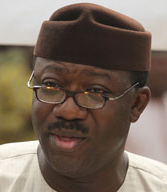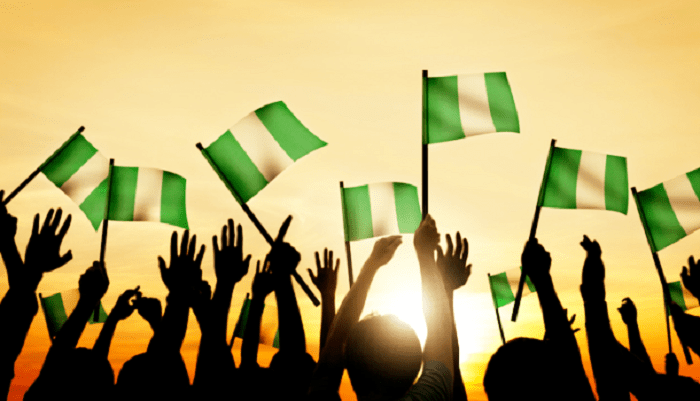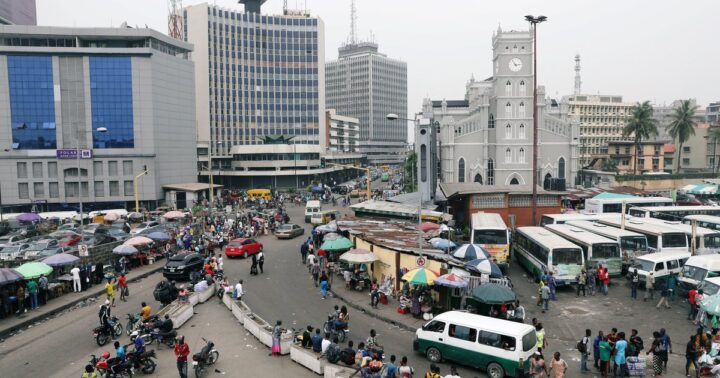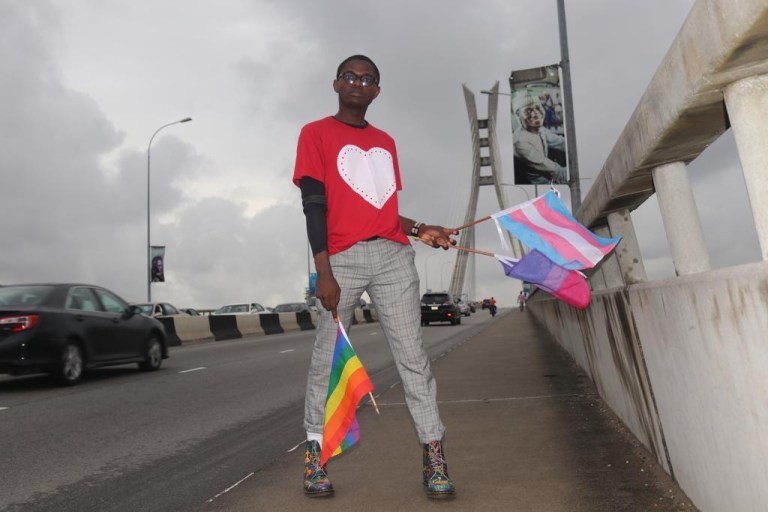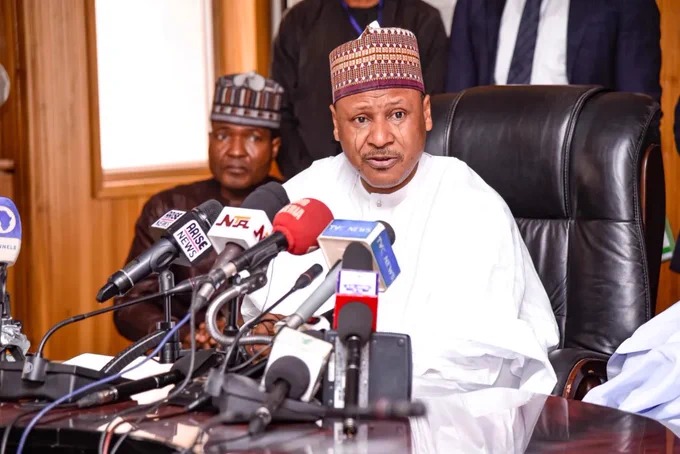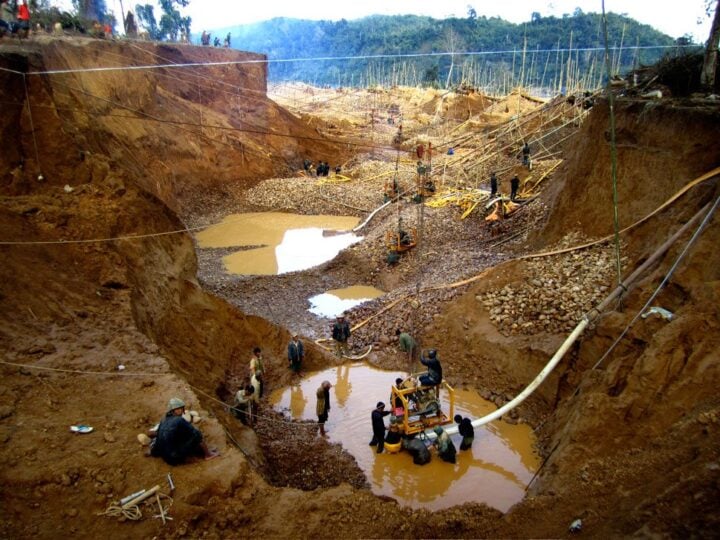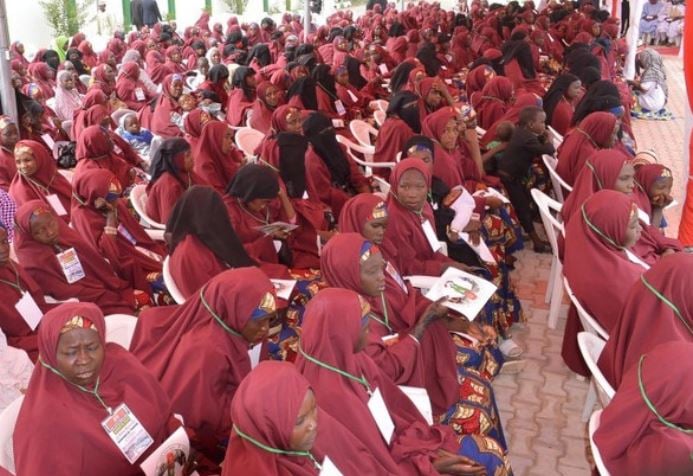In his book, titled, “Can Anything Good Come Out of History?” famous historian, Obaro Ikime observed that it is not colonialism that introduced the Igbos to the Igalas; the Kanuris to its neighbouring states; the Efik to the Ibibios and the Igbos; the Itsekiri to the Urhobos, or the Yorubas to the Nupes, etc. Brought together, sometimes by forces of geography and history, all these people, he noted, “knew about themselves and respected their varying cultures and susceptibilities.”
Ikime went further to underline the important roles that historians and teachers of history must play as we strive to build a united nation out of this colonial legacy called Nigeria. He argued that “[t]here is a need to provide a general framework of our nation’s history; a need to indicate broad influences and operative factors in our history; a need to identify the nature and impact of contacts between our peoples; a need to identify factors that make for the differences discernible among our peoples; and so on.”
One of the most popular anecdotes that survived from our early efforts at nation-building was the one credited to the late Sardauna of Sokoto, Sir Ahmadu Bello. He was said to have retorted that in coming together as a country, we do not need to forget our differences, rather we only need to recognize and respect them. It is not clear to what extent this wise admonition was taken on board by our founding fathers as they tried to grapple with the challenges of nation-building in a post-colonial Nigeria. However, embedded in the notion of “unity in diversity” is a distinct awareness that sameness is not necessarily a precondition for oneness. Perhaps, one major area that the successive generations have failed is in the tendency to stigmatize difference and weaponize diversity.
We are Muslims, we are Christians, we are animists, we are Idoma, Tiv, Angas, Igbo, Hausa, Yoruba, Kanuri, Fulani and so on. We don’t need to apologize for these differences or attempt to hide them because there is nothing wrong with being different. The problem starts only when these social categorizations become the boundaries for inclusion or exclusion.
Advertisement
Development anthropologists have long concluded that culture plays a crucial role in development. In other words, every culture essentially contains the facilities for progress and advancement. The language in which we articulate our ideas; our diets and consumption patterns; our architectures and the way we live; our religion and how we understand our relationship with God and to the universe, our notion of ethics, morality and justice, all of these, in different forms and at different levels, provide the essential driving force for development.
What this means, therefore, is that the more diverse the cultures within a nation, the more resources they have for development and for progress. In essence, homogeneity is not necessarily a blessing and diversity needs not be a curse. This is why it is important to always make the distinction between our difference, which is essentially benign, and the politicization of those differences, which constitutes the malignant cancer in the body of our nation.
I made reference earlier to the issue of inclusion and exclusion. It seems to me this is one important way that we have poisoned the well of our diversity. By misapplying our differences, our diversity, which should be the strength of our unity, then becomes its major threat. Because, as Shehu Usumanu Dan Fodiyo noted in his book Bayan Wujub al-Hijra, “one of the swiftest ways of destroying a State is to give preference to one particular tribe over another or to show favour to one group of people rather than another.” This view is also strongly supported in research conducted by the Arewa Research Development Project which emphasizes that issues of nation-building are being “increasingly…centred around citizenship rights and equality in accessing these rights, special and conscious efforts to safeguard minorities and disadvantaged groups, gender equality in political and socio-economic spheres of a nation, protection of cultural assets….”
Advertisement
Despite the challenges that we have faced as a nation, it is important for us to constantly bear in mind that nation-building is a slow and dynamic process. The awareness that nothing in nation-building is finalized should give us hope and challenge us to do better and constantly look for ways and means to build a better country, by experimentation and learning, trial and error, setting and resetting. And this is why the operative framework of any nation is never intended as a divinely inspired scripture. Most of the challenges that we face today could not have been envisaged in 1999. But we must see these challenges as opportunities to test our governance system and its responsive capacity to issues of national co-existence. The integrity of our governance and administrative system must be continually measured in terms of its ability to deliver the greater good to the greatest number of our people. If it is not able to do this, we must be willing to press the reset button and ask ourselves why is the system that we all must submit to not working for us all.
However, for us to constructively confront these issues, we must start by first conquering the demon of mutual suspicion and distrust that has poisoned our politics and subverted our will to achieve the necessary consensus that is so crucial to marching confidently towards our destiny as a great nation. If we do this, we will have scaled the major obstacle to forging a great nation out of this colonial creation and show the world that we are finally ready to embrace our true destiny as the hope of all black people everywhere.
Fayemi, former governor of Ekiti State, is a Visiting Professor at the School of Global Affairs, King’s College, University of London, England. The article which continues in part 3 is an excerpt from a Keynote Address delivered at the National Dialogue on “How to Make Nigeria Work” in commemoration of the 60th Birthday Celebration of Professor Udenta Udenta, founding Secretary General of the Alliance for Democracy.
Advertisement
Views expressed by contributors are strictly personal and not of TheCable.
Add a comment
